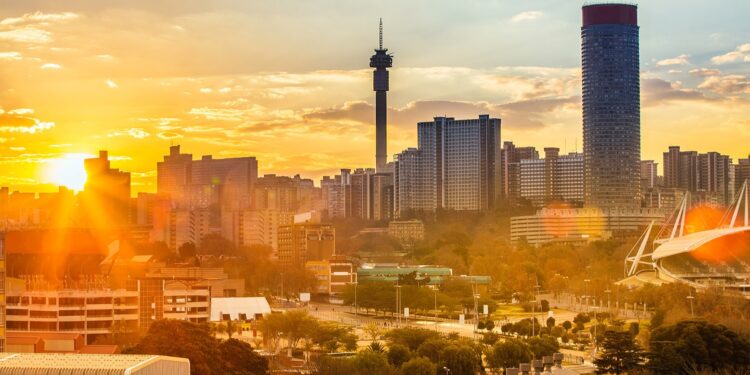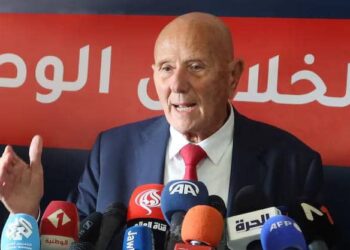By John Ikani
South Africa grapples with a significant challenge: some of the world’s worst income inequality coupled with a staggering unemployment rate exceeding 30%. However, the government believes it may have an answer – a universal basic income (UBI).
This concept has garnered widespread political support, with the African National Congress (ANC), the nation’s leading political party, recently pledging to implement a UBI within two years.
Previously dismissed as a distant dream, UBI – characterized by regular, direct cash payments to citizens without stipulations – has gained traction, particularly following the perceived success of COVID-era stimulus checks. Additionally, tech visionaries developing ever-more advanced artificial intelligence (AI) have proposed UBI as a solution to potential job losses caused by AI automation.
Experiments with UBI models have already been conducted in several countries. Kenya, for example, provides unconditional cash transfers to roughly 20,000 residents across 200 different towns.
READ ALSO: Benin Considers Citizenship For Descendants Of Enslaved Africans
In the United States, various cities and some states have launched small-scale guaranteed basic income programs. These programs provide unrestricted cash payments but target specific groups in need. While studies have shown positive results from these American initiatives, they have also faced considerable political resistance.
South Africa, however, presents a different landscape. Most political parties seem to be on board with the idea, with the key focus being ironing out the specifics.
“The ANC is determined to finalize a comprehensive policy on the basic income support grant within two years of the new administration,” declared the ruling party in a statement, emphasizing broad consultation and swift action.
This statement came just a week before the hotly contested general elections on May 29th, which resulted in the ANC losing its parliamentary majority. The ANC is currently negotiating the formation of a coalition government, and a commitment to UBI will likely be a key point of discussion.
According to the party, citing a University of Johannesburg study, a majority of South African citizens “strongly support the introduction of a basic income support grant.”
While South Africa currently offers payments to specific low-income groups through its Social Relief Distress grant program, the ANC plan, as reported by the Guardian, proposes extending eligibility to encompass all South African adults.
The ANC has stated it is “investigating” potential funding mechanisms, including new tax measures and a social security tax. The party also emphasizes that the UBI is intended to complement existing social security programs, not replace them.
If implemented, the ANC’s plan would position South Africa as the first nation to provide a truly universal basic income.

































